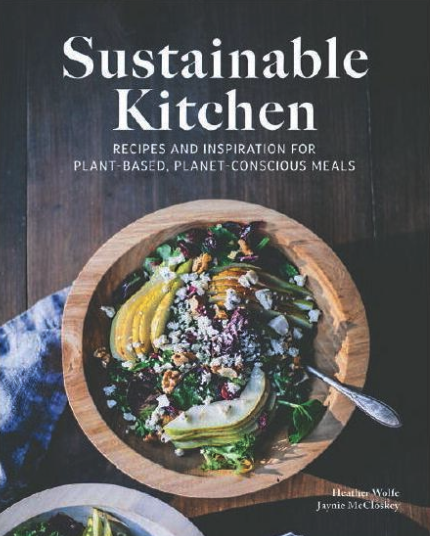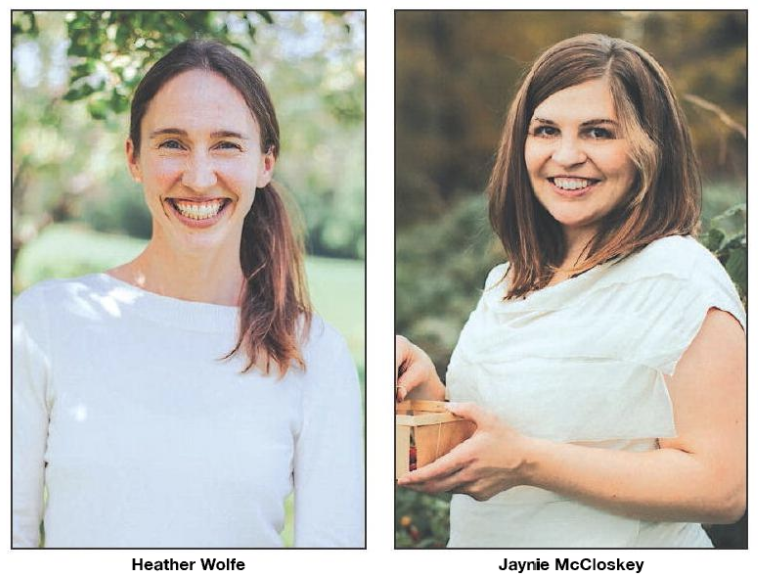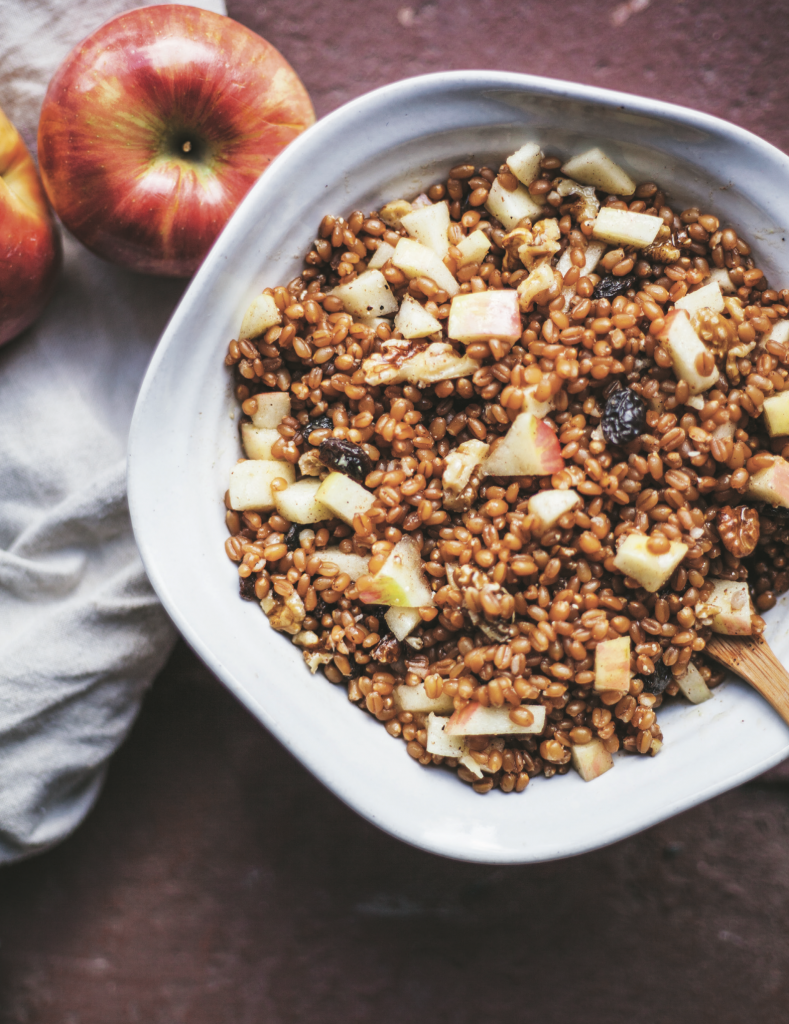
October has been called “National Eat Better, Eat Together Month.” For many of us, the pandemic has changed our relationship with food, how we prepare it, and how we eat with one another. Now that most of us are spending more time at home, many new opportunities and incentives for acquiring our food from homegrown gardens have arisen.
Sustainable Kitchen offers specific guidance on plant-based cooking (including recipes that can be derived from home gardens). This is a helpful resource not only because of the pandemic, but because it provides a holistic way of thinking about our food choices. Both of the authors, Heather Wolfe and Jaynie McCloskey, attend Taftsville (VT) Chapel Mennonite Fellowship.
Sustainable Kitchen is beautiful — the pages feature pictures of meals and scenes of food preparation. It can serve as a guide for many, well-beyond our Vermont community and Mennonite churches across North America.

The book has been out less than a month, but it has been enthusiastically received. Several shipments of the book are selling out before arriving at local bookstores. It is sparking conversations with friends and neighbors who might not normally think about the connections between our environment, spirituality, and daily food consumption choices. The content is relevant to anyone.
“We all must eat, and what we eat matters. Our daily food choices can either harm or help us, others, and our planet. In the world around us, so much ill health–physical, spiritual, and environmental–is related to a poor diet… Food is essential to healing our bodies, our spirits, and our environment…” (from the introduction of Sustainable Kitchen).
The authors of the book have made it their mission to make healthier eating more achievable for readers. “In writing Sustainable Kitchen, our goal has been to inspire and empower you to plan and cook meals of plant-based, planet-conscious foods daily,” wrote Wolfe and McCloskey. “We wanted to create a full-kitchen resource, giving you the tools to support a healthy lifestyle for your families, communities, and our planet.”

Co-author Heather Wolfe said, “The pillars of the book are built on it being a very holistic approach to food that is life-giving and healing.” The book contains over 140 recipes and provides practical ideas for moving to a diet that is more connected to the earth and to one another.
“It was a passion project over two years in the making,” described Wolfe on how the book came to be. “Jaynie [McCloskey] was part of a women’s discernment group that was meeting on a regular basis and they were talking about their dreams. One of Jaynie’s dreams was to write a cookbook, and she decided it was time to do it.”
McCloskey pitched the idea to Wolfe, who serves as a dietitian at nearby Dartmouth-Hitchcock Medical Center, and the two began collaborating. McCloskey met over lunch with Steve Kriss, Mosaic Conference Executive Minister, who helped get the two authors connected to Herald Press.
The authors hope that Sustainable Kitchen will empower, encourage, and inspire others to join them in the kitchen for a journey into a healthier future through food.
The opinions expressed in articles posted on Mosaic’s website are those of the author and may not reflect the official policy of Mosaic Conference. Mosaic is a large conference, crossing ethnicities, geographies, generations, theologies, and politics. Each person can only speak for themselves; no one can represent “the conference.” May God give us the grace to hear what the Spirit is speaking to us through people with whom we disagree and the humility and courage to love one another even when those disagreements can’t be bridged.
